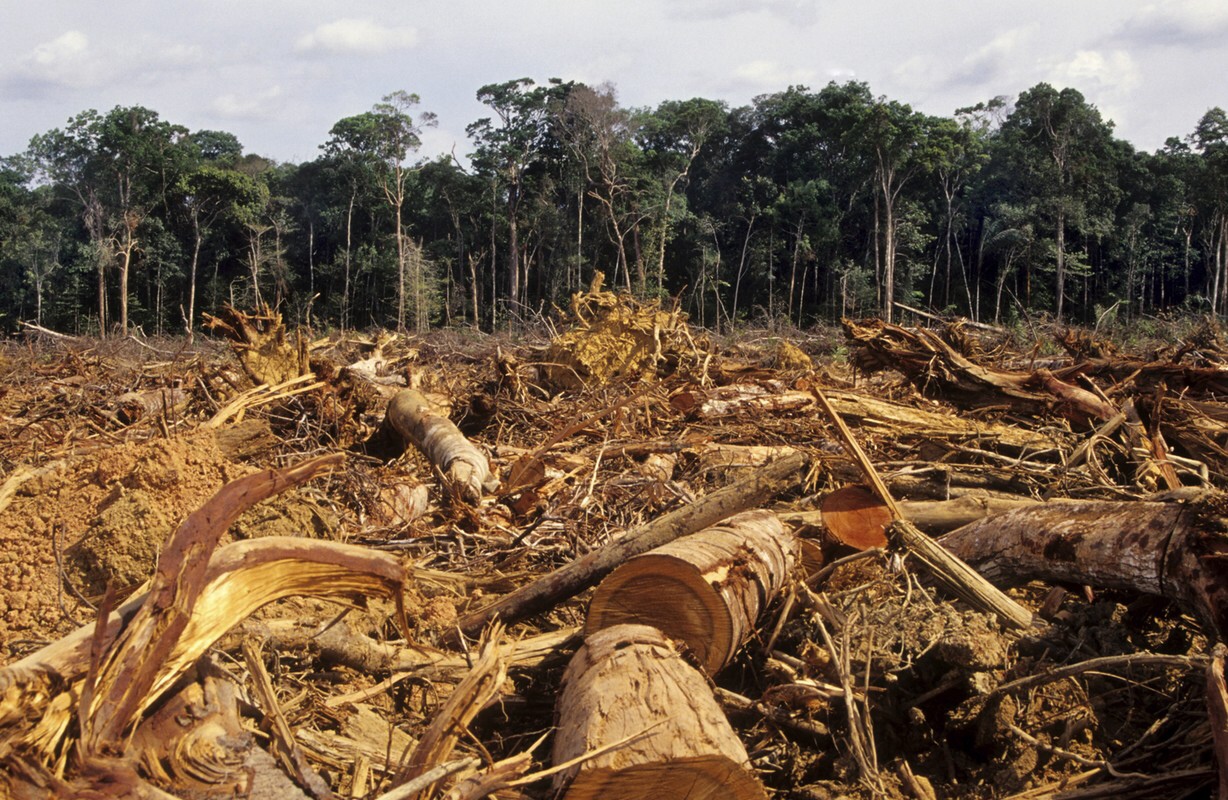Apart from the employment opportunity as well as income generation for plantation owners, the decimated natural forests needed to be revived to save the wood industry, the DG Raw Material Research Development Council (RMRDC), Prof, Ibrahim D. Hussaini, has said.
Plywood subsector seems to be the most hit with the production seriously going down.
- Reps ask INEC to review federal constituencies
Food dealers: Northerners, Southerners Suffered But We Achieved Our Aim
Relevant statistics show that plywood production grows from 68,000m3 in 1980 to 89,000m3 in 1985. Since then, plywood production gradually declined to 70,000m3 in 1986 and 65,000m3 in 1994.
Since 1997 till date, plywood production in Nigeria has been hovering around 56,000m3 per annum.
‘’This is a very dismal situation when one considered the fact that plywood consumption in Nigeria is increasing on annual basis in view of its multi-various application in several industries. As a result, Nigeria has been depending mostly on importation of plywood to satisfy about 965,000m3 required in the country, most especially, in the building, construction and furniture industry,’’ a retired forest officer, Mathew Iyawa, said.
Mathew is of the opinion that the major way plywood production can be increased in Nigeria is to promote availability of prime wood species through establishment of plantations.
But the natural forests in Nigeria have been highly decimated and to depend on the natural forests to sustainably supply wood raw materials to the mills will be wishful thinking.
Challenges in the plywood industry
One of the major problems confronting plywood production in Nigeria is high shortage of economic wood species such as Khaya ivorensis. Khaya grandifoliola, Mansonia altissima, Terminalia superba, Entandropragma cylindrica and Triplochiton scleroxylumin in the national forests
Other factors limiting the expansion of plywood industry in the country include inadequate investment in the establishment of new mills, old age of existing equipment, lack of spare parts and dependence on imported glue.
Current production is hampered by the high cost of production resulting primarily from expensive imported resins.

RMRDC wades in
The federal government through the Raw Material Research Development Council (RMRDC) said it has put in place efforts to revive forest plantations across the country.
The Director-General of the Council, Professor Ibrahim D. Hussaini, noted that since 1992, the Council has initiated a plantation establishment programme through which improved planting materials are made available to private sector operatives that have about 5ha or more of land for plantation establishment. This programme, he said, is gradually increasing wood resource availability locally.
But according to him, the programme requires active participation of state governments to enable it increase forested areas and areas under plantation in Nigeria.
‘’Likewise in order to promote sustainable development and utilization of bamboo resources in Nigeria, the Council has collaborated with experts at the University of Ibadan and the Federal University of Technology, Akure, to carry out a survey on bamboo resources of Nigeria. The study indicated that bamboo is growing in 23 states of the federation.,’’ he noted.
According to him, at present, only one company is producing wall and floor tiles made of bamboo in Nigeria. As a result, investment opportunities exist in ply bamboo production, adding that a number of private investors have also shown interest in the establishment of bamboo plantations in the country.
On plywood production, the DG said the Council was working towards sustainable production of plywood in the country in order to facilitate and propel post COVID-19 industrial and economic development agenda of Nigeria.
‘’This is important as the Country has bamboo in adequate quantities. According to FAO, the volume of bamboo growing in Nigeria is about 460,000m3. This shows the great potential of bamboo in Nigeria. Apart from saving foreign exchange, this initiative will also promote development of Small and Medium Enterprises, poverty alleviation and job creation.
In view of this, investment in ply bamboo production is being vigorously promoted by RMRDC.’’ He said.

 Join Daily Trust WhatsApp Community For Quick Access To News and Happenings Around You.
Join Daily Trust WhatsApp Community For Quick Access To News and Happenings Around You.

